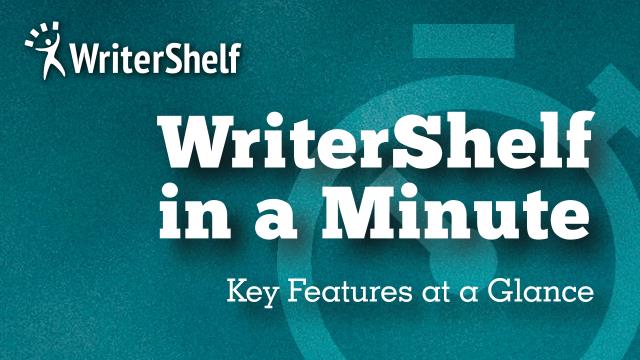Ephemeral Knowledge
WriterShelf™ is a unique multiple pen name blogging and forum platform. Protect relationships and your privacy. Take your writing in new directions. ** Join WriterShelf**
WriterShelf™ is an open writing platform. The views, information and opinions in this article are those of the author.
Article info
Categories:
⟩
⟩
⟩
⟩
Date:
Published: 2020/05/04 - Updated: 2020/05/19
Total: 733 words
Like
or Dislike
About the Author
He is currently pursuing a Bachelor of Arts in Political Science in the Philippines. His fields of interest are Politics, International Relations, Global Studies, Philosophy, and Religion. Currently, he is an amateur opinion writer who wants to initiate discourse in any means to promote knowledge synthesis.
More from this author
More to explore








Love and compassion are necessities, not luxuries. Without them, humanity cannot survive.
~Dalai Lama
The people, promised with capricious end-dates, are desperately expecting, albeit the non-stop increase of COVID19 positive cases, for the cessation of this global pandemic. With the imposition of lockdowns, community quarantines, and the ambitious social distancing, it is forcefully implicated to perceive other humans as threats, and that sustained isolation and physical distancing shall be practiced. Different countries have different conditions at the height of this global crisis, and some are stricken the worst. However, there is something of importance, if not more important, other than the already overemphasized physical well-being of every individual in the midst of this pandemic – i.e. mental health.
Take India, for example, where an enormous number of poor migrant workers protested the decision of India’s Prime Minister, Narendra Modi, to extend the lockdown in India’s industrial city. The protest has created en masse a horrifying aggregation of migrant workers. Moreover, this gathering has probably enabled a petri dish for the coronavirus to spread hysterically, defeating the purpose of the extended lockdown.
Look at East Africa, for another example, where another imminent disaster other than the virus is gnawing on their lands. It has been reported that rapacious desert locusts are swarming across the continent, ravaging crops, trees, and other plants blocking its way. The word devastation is an understatement of a simultaneous catastrophe knocking on the doors of poor nations.
Now, here in the Philippines, the worst-hit country in the South East Asian region. It has been over a month now since the imposition of a major lockdown in the capital city of the Philippines. But, the Filipino poor, similar to the Indian protestors, has long been waiting over a month now for the promised financial assistance by the government. Instead of relief, 42, 826 were heavy-handedly caught and arrested according to police data in the first 11 days of the country’s Enhanced Community Quarantine (ECQ). The strongman approach of the Philippine government, however, seems peculiar, coarse, and inimitable from the methods of the neighboring countries in the region, which are extolled worldwide for being the competent “models” against the coronavirus.
Only the apathetic, the insensitive, and the imperious would deny the obvious, that these startling realities are scourging the mental health of the people, especially the poor. The impoverished people may not know about their mental health, but they are indubitably suffering from anxiety, depression, stress, and trauma. Further, these mental health pathologies, induced and/or aggravated by the existing pandemic, are even a much larger problem than physical health security. In fact, many of us are risking our physical health in bargain for mental solace.
The aforementioned facts gave rise to academic disputations to whether or not “mass promote” students in the Higher Education Institutions (HEIs). On one hand, there are those who claim that education must be coupled with sensitivity and compassion, perceptive to the grim condition of the students in the middle of this pandemic and, thereby, it is moral and reasonable to give en masse a passing mark to every student. While, there are those, on the other hand, who assert that automatically passing the students would not equip them the proper knowledge for their succeeding years of education/ life. Hence, it’s better to continue online classes for those who can and provide alternative options for those who can’t. The Commission on Higher Education (CHED), however, won’t permit the so-called mass promotion. As an alternative, they authorized a one-month class extension for the HEIs to cope with the required competencies. As of now, no universities and colleges have imposed the “mass promotion” scheme, except some professors and instructors from UP who have insisted on their academic freedom as the magic wand.
The slur of CHED and school administrators to unburden the students and their families is a reflection of how aloof the system is from the material and health conditions of their constituents. The ongoing and possible extension of classes amid a global crisis is nothing but transient knowledge. The students will only lose diminutive learnings, if not nothing at all, should after this distressing pandemic, they are provided a genuine time to recoup and really heal as one. What we will remember in the future is how our schools treated us during these times and not the ephemeral knowledge from the required competencies, which are merely for compliance.